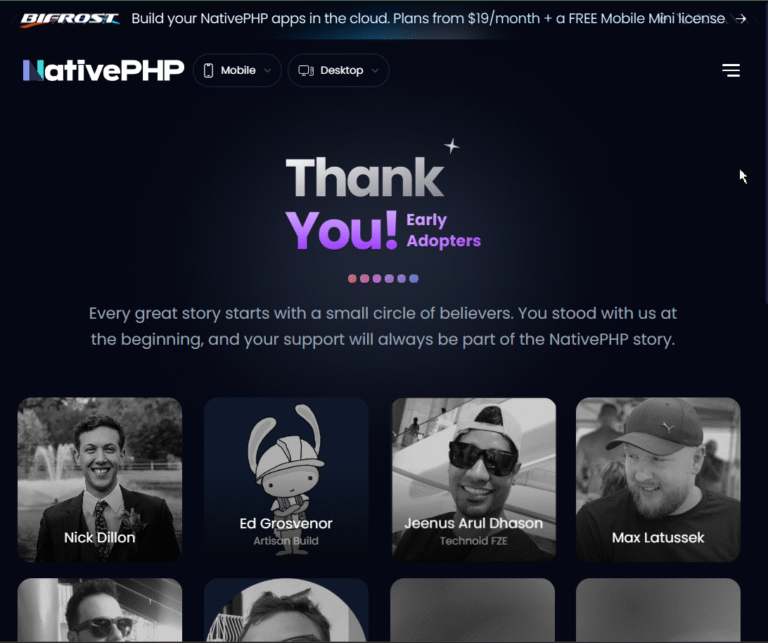10 Essential Tips for Improving Performance in Laravel Applications
Are you looking to improve the performance of your Laravel applications? Here are 10 essential tips that can help boost the performance of your Laravel applications:
1. **Use Eager Loading**: When fetching relationships in Laravel, make sure to use eager loading to reduce the number of queries being executed. This can help improve performance significantly, especially when dealing with large datasets.
2. **Implement Caching**: Use Laravel’s caching functionality to store frequently accessed data and reduce the load on your database. You can use caching drivers like Redis or Memcached for better performance.
3. **Optimize Database Queries**: Write efficient database queries using Laravel’s query builder or Eloquent ORM. Avoid N+1 query issues by eager loading relationships and using where clauses effectively.
4. **Leverage Queues**: Offload time-consuming tasks to Laravel’s queue system to improve the responsiveness of your application. Queues can help in processing tasks in the background and keep the user experience smooth.
5. **Enable Opcode Caching**: Use opcode caching extensions like OPcache to cache the compiled PHP code and reduce the overhead of compiling code on each request. This can significantly improve the performance of your Laravel application.
6. **Optimize Autoloading**: Reduce the number of autoloaded classes in your application by using Composer’s classmap feature. This can help in speeding up the class loading process and improving overall performance.
7. **Use Lazy Loading**: Load resources such as images, scripts, and stylesheets only when they are needed to reduce the initial page load time. Lazy loading can help in improving the perceived performance of your application.
8. **Optimize Asset Loading**: Combine and minify CSS and JavaScript files to reduce the number of HTTP requests and improve page load times. You can use tools like Laravel Mix to streamline asset compilation and loading.
9. **Monitor Performance**: Use tools like Laravel Telescope or New Relic to monitor the performance of your application and identify bottlenecks. Regular performance monitoring can help in optimizing your application for better speed and efficiency.
10. **Database Indexing**: Ensure that your database tables are properly indexed to speed up data retrieval operations. Indexing can greatly improve the performance of queries, especially on large datasets.
By following these 10 essential tips, you can enhance the performance of your Laravel applications and provide a faster and more responsive user experience. Implementing these best practices can help in optimizing your application for better speed, efficiency, and scalability.


